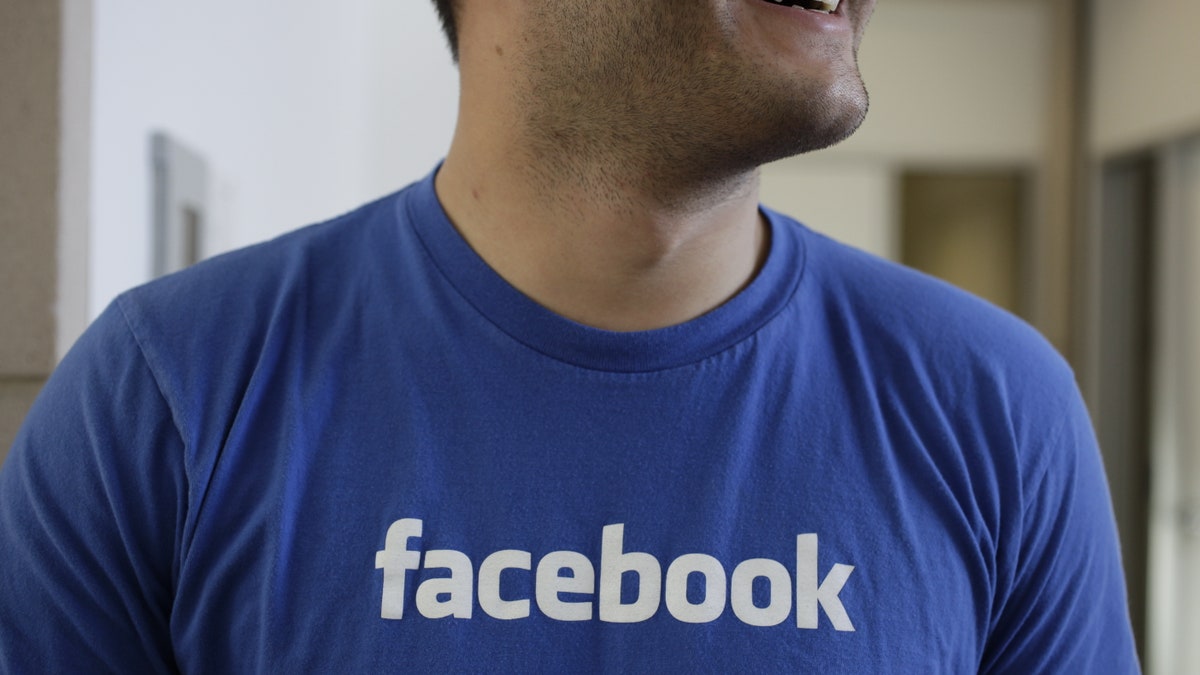
Feb. 8, 2012: A Facebook worker smiling inside Facebook headquarters in Menlo Park, Calif. (AP Photo/Paul Sakuma)
Want to send me a Facebook message? But you’re not my Facebook friend? Pay up.
The social network is overhauling its in-house messaging system with a new set of filters that it says will help users reach out and poke each other more effectively. Part of the overhaul: A test that will allow some users to ping people they’re not friends with, if they’re willing to spend a dollar.
Facebook says the changes are primarily designed to let Facebook users who already know each other make sure their missives connect. But the most interesting part of the move is what the social network is calling a “a small experiment to test the usefulness of economic signals.”
Here’s how it will work: A limited number of U.S. Facebook users will now have the ability to pay Facebook a fee to send a message other U.S. Facebook users who they don’t know. Facebook isn’t spelling out the cost publicly, but people familiar with the company’s plans say it will start at a dollar a message, and will tinker with the fee over time. The option will only be available to individual users — not marketers and brands — and Facebook will only allow users to receive a single paid message per week. But users can’t opt not to receive paid messages.
Here’s Facebook’s rationale for the move:
This test is designed to address situations where neither social nor algorithmic signals are sufficient. For example, if you want to send a message to someone you heard speak at an event but are not friends with, or if you want to message someone about a job opportunity, you can use this feature to reach their Inbox. For the receiver, this test allows them to hear from people who have an important message to send them.
Glass half-empty translation: Facebook is selling access to your inbox, which you previously could have kept closed to anyone you don’t know, to the outside world.
Glass half-full version: Maybe you do want to hear from those people! And the one-message-a-week cap, combined with the $1 fee, will prevent your inbox from filling up with spam.
For more on Facebook's change to e-mail policy, see AllThingsD.com.








































